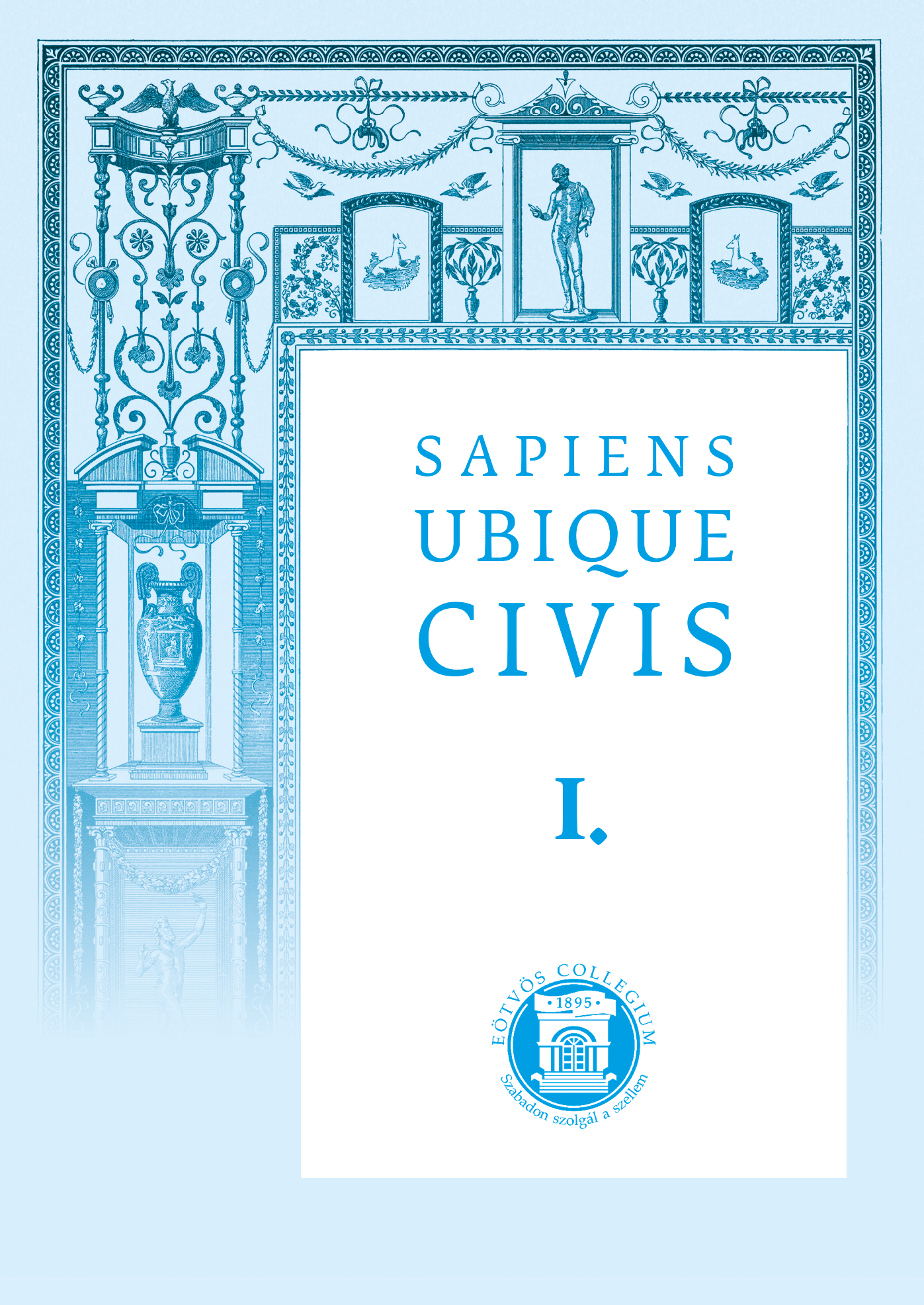The Loss of Innocence: Catullan Intertexts in Vergil’s Eclogue 8 and the Camilla Episode of the Aeneid
Main Article Content
Abstract
In ancient Rome, some elements of the wedding ritual (e.g. the raptio or the defloration) could be associated with aggression and death. In Catullus 62 and 66 – two poems dealing with the topic of marriage –, these connotations get a special emphasis, in part due to the motif of cutting symbolizing violence and changing. In this paper, I examine the way the above mentioned poems constitute the background for the allusion to Medea in Vergil’s Eclogue 8 and the depiction of Camilla in Book 11 of the Aeneid. It will be of fundamental importance to observe the way aggressiveness – being a traditional characteristic of men – gets transferred to women, by means of intertextual connections.
Article Details
How to Cite
Somfai, P. (2020). The Loss of Innocence: Catullan Intertexts in Vergil’s Eclogue 8 and the Camilla Episode of the Aeneid. Sapiens Ubique Civis, 1, 121–139. https://doi.org/10.14232/suc.2020.1.121-139
Section
Articles

